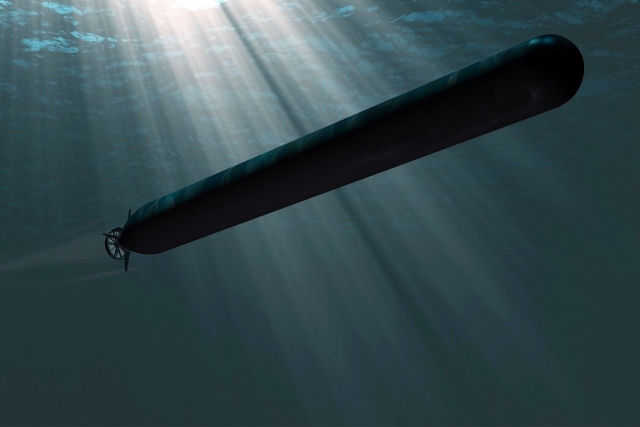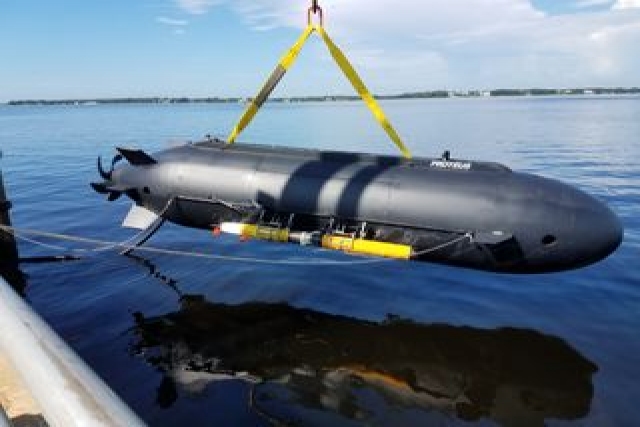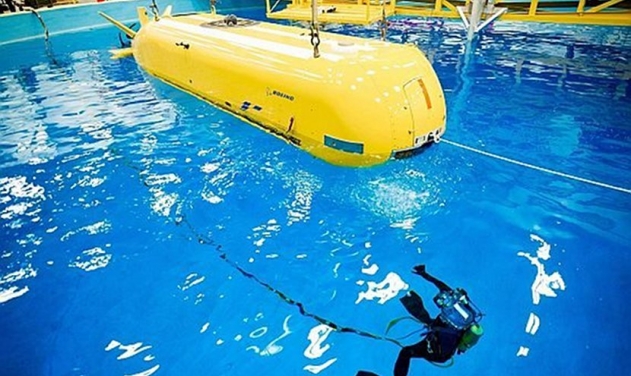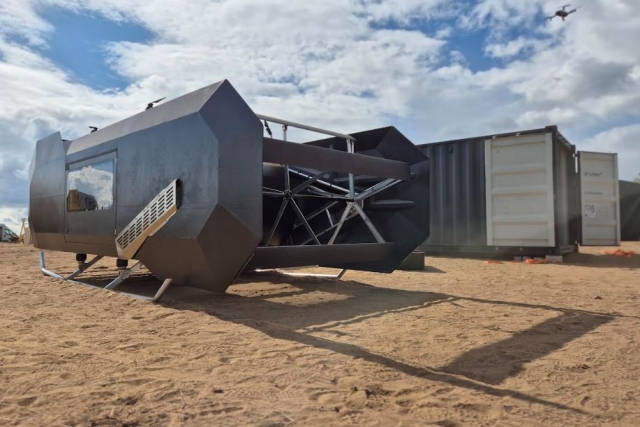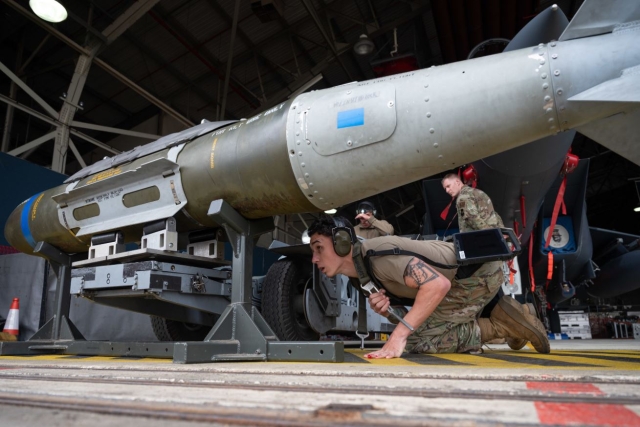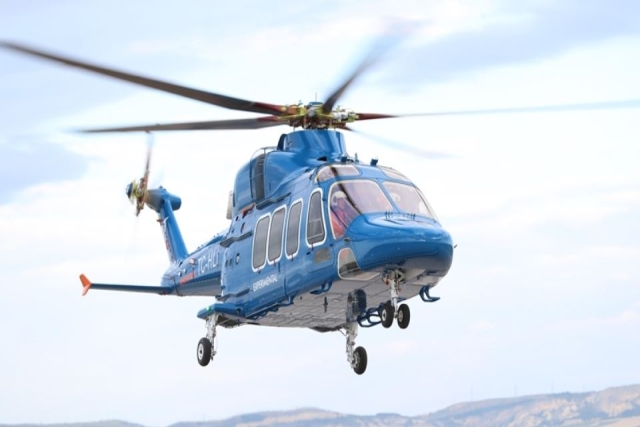ORCA Underwater Drone Development Gets Extra Push with $72.5M Contract Awarded to Boeing
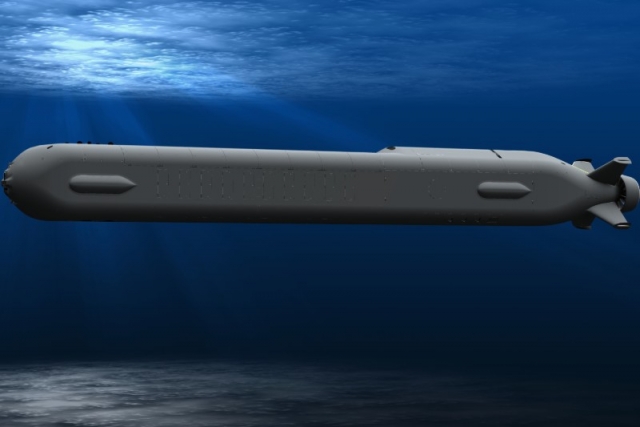
Boeing won a contract valued $72.5 million to continue the development of ORCA Extra Large Unmanned Undersea Vehicle (XLUUV) for the U.S. Navy.
A U.S. DoD release today said Boeing had been awarded the modification contract “for all efforts, tooling and equipment, and materials for the design, manufacture, and testing of an Orca XLUUV Test Asset System.”
Work is expected to be completed by August 2023.
The Orca dates back to September 2017, when the Navy issued contracts worth about $40 million each to Boeing, which had partnered earlier in the year with Huntington Ingalls Industries (HII) to build unmanned submarines; and Lockheed Martin to develop competing designs for an XLUUV capable of autonomous operation on missions up to several months in duration.
In February 2019, the Navy awarded the Boeing/HII consortium a $43 million contract to begin work on building four of their XLUUVs, the design of which would be based on Boeing's earlier AUV Echo Voyager. The following month, the Navy added a fifth vehicle to the order, with the total value of the contract reaching $274.4 million.
The basic Orca design shares a 16m length with Echo Voyager, but the Orca will incorporate a more modular construction, primarily for the capability to be built with an additional payload module of up to 10m long and a capacity of 8 tons for a total length of 26m.
The Navy specified the ability to adapt the Orca platform according to mission, with the ability for surveillance, submerged, surface, and electronic combat, and minesweeping. The vessel will be powered by a hybrid diesel/lithium-ion battery system, which powers the Orca by battery while submerged and recharges the batteries with diesel generators while surfaced. Maximum speed is 8 knots (15 km/h), though the typical service speed is about 3 knots (5.6 km/h), which gives the Orca a range of up to 10,500 km with an endurance of several months.
